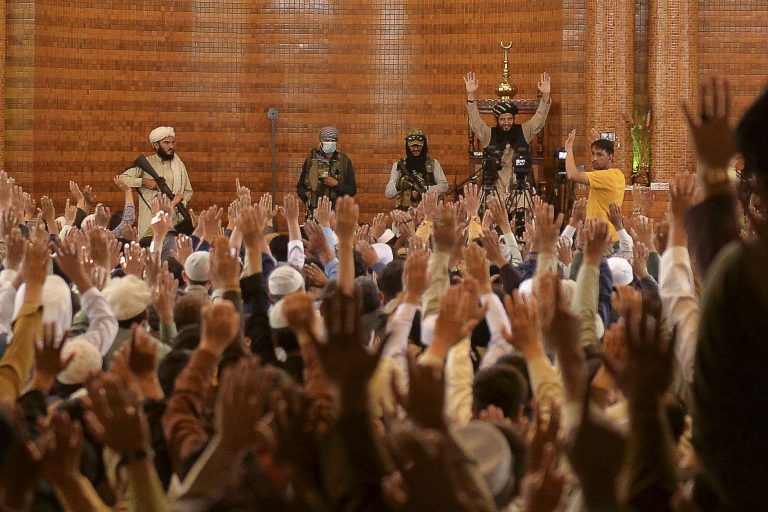Having regained control over Afghanistan and toppling the U.S.-backed government, the Taliban resurrected its old name for the country, “The Islamic Emirate of Afghanistan”, on Thursday, Aug. 19.
Zabihullah Mujahid, frontman of the Taliban, shared via Twitter a photo of the regime’s logo, with the declaration of the new emirate.
The name was first used in 1996 after the Taliban stormed Kabul, killing former president Najibullah and enforcing its power with “morality police”, where citizens were required to follow the Taliban’s interpretation of Islam, or face brutal consequences.
The Taliban would rule until 2001 when U.S. forces pushed them out after the 9/11 attacks on the United States. Since then, the organization has operated as a guerrilla insurgency, fighting against the U.S.-backed Afghan government.
After retaking Kabul almost 20 years later, the Taliban continues to accumulate power in the country, leaving many to question just what the new regime would be like.
Horrors of the past
Success
You are now signed up for our newsletter
Success
Check your email to complete sign up
With former president Ashraf Ghani fleeing the nation and U.S. forces being withdrawn from Afghanistan, people are left to fend for themselves, fearing the echoes of the regime that ruled the first emirate.
Desperate to find salvation, countless people attempted to board evacuation vehicles to flee the nation, not wanting to live another dark life as it was before.
Despite announcements for better treatment of women, not many are convinced of the Taliban’s eventual governing of the people.
It has been reported by Christian non-profit organizations that the Taliban have begun searching mobile phones, executing anyone possessing copies of the Bible. In the Afghan city of Asadabad, Taliban fighters fired upon protesters at an Independence Day rally, leaving three dead, as reported by Reuters.
Enforcing the regime
In another tweet, Mujahid stated that the new government desires “better diplomatic and trade relations with all countries.”
Taliban commander Waheedullah Hashimi said that a council under sharia law would likely take over the country, putting Taliban leader Haibatullah Akhundzada as its head. He also declared that there will be no democratic system, firmly standing by the decision to enforce sharia law.
“It is sharia law and that is it,” said Hashimi.

















